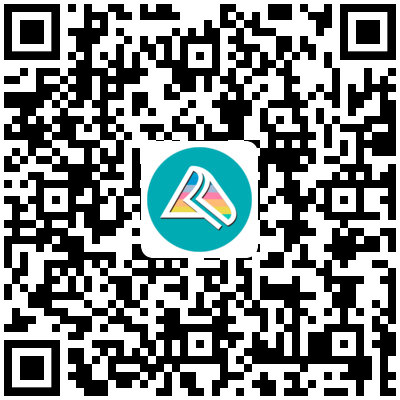AICPA考试备考策略
Which Part of the Exam Should I sit for first?
There are two popular schools of thought.One is that you should start with the part with which you are most comfortable–in this way,you are able to start off the exam on solid footing and gain experience with the computer-based exam format while being tested on the content of greatest comfort.The other is that you should start with the part you feel will be most difficult for you.Remember that you have 18 months to pass the other three parts of the exam,so if you don't pass your most difficult section,the 18 month clock will not start.Moreover,once you do pass your most difficult section,you can continue with the confidence that the remaining sections will be comparatively easier for you. In either case,it is critical to understand the content of each part of the exam in order to assess which will be most or least difficult for you.
Financial(FAR)
Financial encompasses the largest volume of information,which can make it challenging.That said,most students have taken classes relevant to this section of the exam almost every semester during their degree program,so it is also likely to be relatively fresh.If you had the opportunity to take a course in governmental and/or non-for-profit accounting,that will be an additional advantage in taking this section.
For 2011,the AICPA has added International Financial Reporting Standards(IFRS)to the content of the FAR exam.Candidates should expect questions focused on key differences between financial statements prepared on a U.S.GAAP basis versus those prepared on an IFRS basis.If you are not well versed on IFRS,you may wish to take this exam sooner as the AICPA has indicated that "questions on international standards will be gradually integrated into the examination."In short,the longer you wait,the more challenging these questions may become.
Auditing(AUD)
Auditing encompasses the entire audit process,other services including compilations,reviews and attestation engagements,and the AICPA Code of Professional Conduct.If you took your auditing class during your final semester and/or you'll be working in the audit practice of a public accounting firm,Auditing might be a great place to start.
For 2011,the AICPA has added International Auditing Standards(ISAs)to the content of the AUD exam.Candidates should expect questions focused on the role of the International Auditing&Assurance Standards Board(IAASB),key differences between US Auditing Standards and ISAs,and international ethics standards,practices and independence requirements.Becker anticipates that,like FAR,these questions will be gradually integrated and as such waiting longer to take Auditing may result in more challenging international auditing questions.
Regulation(REG)
Regulation is the combination of federal taxation and business law,including ethics and professional responsibilities.Students having some familiarity with tax,whether personal,partnership or corporate,are most comfortable with the Regulation materials.The areas covered within the business law portions are straight out of most university business law core classes.If you will or are working in a tax practice,Regulation would be the place to start to gain confidence.
For 2011,there is no disputing that the Regulation exam is changing the least.As the exam tests U.S.tax law and business law,it is effectively"immune"to the international additions to the exam as a whole.Furthermore,the weights of the various components of this exam have not changed materially,meaning Regulation carries a minimal amount of uncertainty.However,you should be aware that the Tax Relief Act of 2010 was passed in December 2010 and will be testable starting in July 2011.You may want to take the Regulation exam during the first two testing windows of 2011 to avoid test questions on the Tax Relief Act.
Business(BEC)
Business can be a challenging exam because of the breadth of the material,including operations and strategic management,economics,financial management and information technology.
For 2011,BEC underwent the most sweeping changes of any of the four parts of the CPA exam.Some elements are being tested for the first time,which means no one can be sure exactly how the AICPA may elect to test these sections initially.This level of uncertainty will make BEC even more challenging if you sit in the early part of 2011.Another significant change is the relocation of all writing on the CPA exam to BEC.15% of your score will be based on your ability to effectively communicate in writing.If you are a capable writer,this may prove a great advantage in succeeding on this part of the exam.



